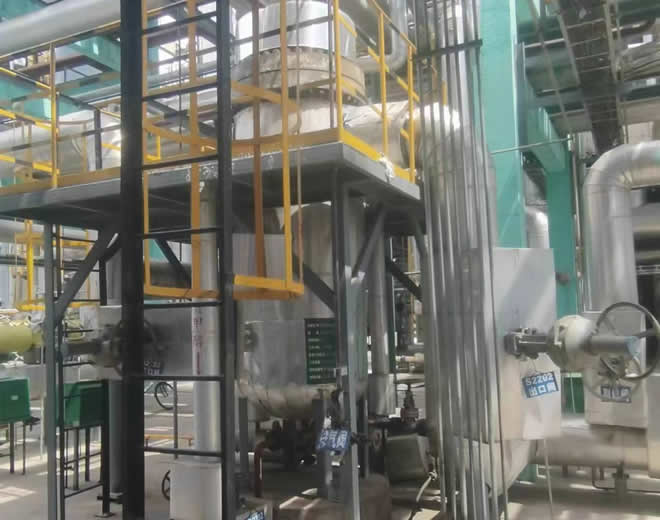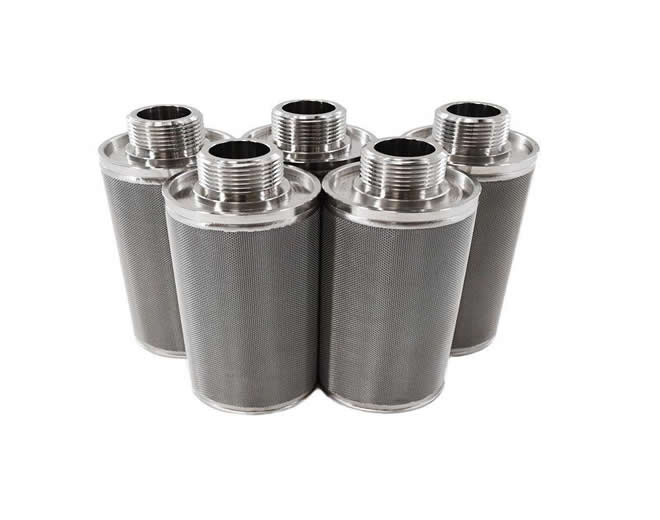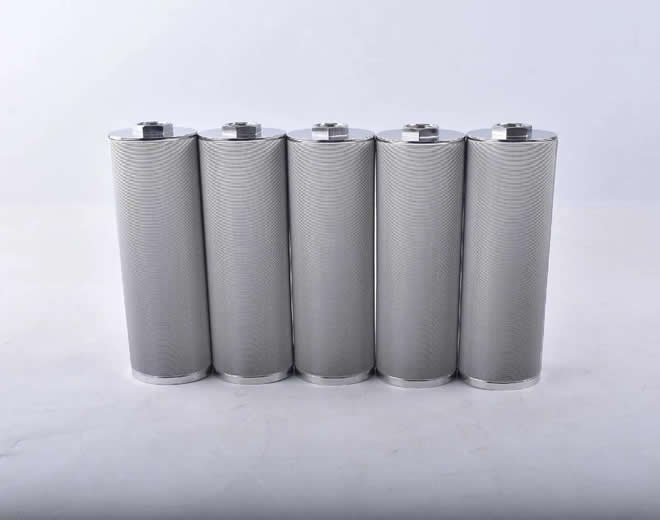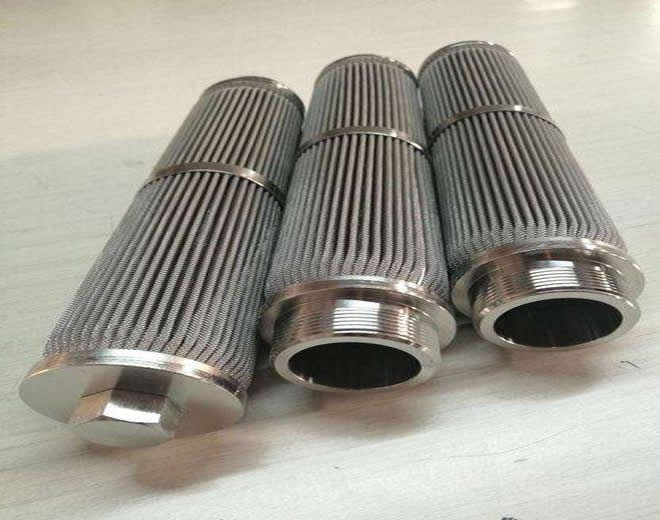1. Brief Overview
A precision filter is a specialized filtration device designed to achieve high-precision filtration of particles and impurities from liquids or gases. It operates with a focus on fine filtration, ensuring the removal of minute contaminants from various industrial processes. Precision filters play a crucial role in maintaining the quality and purity of fluids in diverse applications.
2. Applications
Precision filters find extensive applications across a range of industries, including pharmaceuticals, electronics manufacturing, food and beverage production, and critical processes where the presence of even the smallest particles can have significant consequences. In the pharmaceutical industry, these filters contribute to the production of sterile medicines by eliminating microscopic impurities. In electronics manufacturing, precision filters are essential for ensuring the purity of gases and liquids used in sensitive processes. Additionally, the food and beverage sector relies on precision filters to meet stringent quality standards by removing fine particles that could affect the final product.
3. Advantages
1. **High Filtration Precision:** The primary advantage of precision filters lies in their ability to achieve exceptionally high filtration precision, effectively removing particles of various sizes.
2. **Consistent Quality:** Precision filters contribute to maintaining consistent product quality by preventing the entry of contaminants that could compromise the integrity of the final output.
3. **Versatility:** These filters are versatile and can be customized to suit specific filtration requirements, making them adaptable to a wide range of industrial processes.
4. **Extended Equipment Life:** By preventing the accumulation of particles in machinery and equipment, precision filters contribute to extending the lifespan and efficiency of critical systems.
**4. High Level of Automation**
Precision filters often incorporate advanced automation features, enhancing their efficiency. Automated monitoring systems continuously assess the filtration process and can trigger cleaning or maintenance routines when needed. This high level of automation reduces the need for manual intervention, ensuring a more streamlined and reliable filtration process.
In summary, precision filters are indispensable components in industries where maintaining the purity and quality of fluids is paramount. Their high filtration precision, versatility, and automation features make them essential for critical processes in pharmaceuticals, electronics, and food production. As industries continue to prioritize product quality and efficiency, precision filters will remain at the forefront of ensuring the integrity of liquids and gases in various manufacturing processes.



